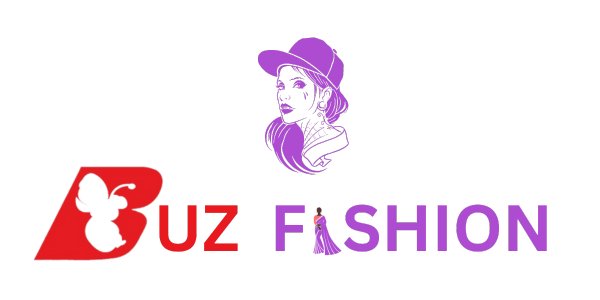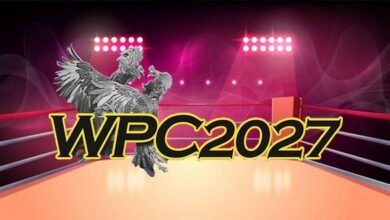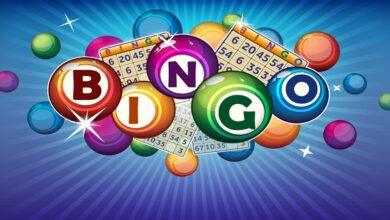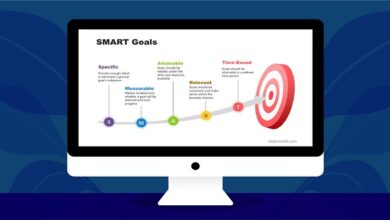Content marketing for live event
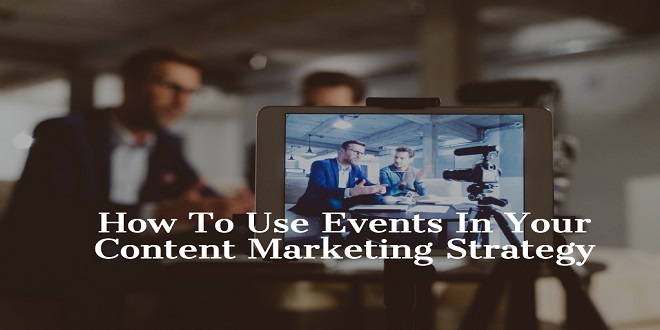
Before: Building Buzz and Interest
Ten or fifteen years ago, email was the de facto way to market an event. Although email still plays a critical role (particularly if you have a strong and responsive list), the plethora of content channels available to marketers at little to no cost creates new ways to market content with content. These channels allow you to build buzz in advance of an event, to harness engagement before opening day, and to provide tantalizing previews of the coming attractions, from events on the main stage to highlights of a convention’s trade show floor.
Hashtags—A Critical Underpinning
A foundational part of content event marketing is creating a unique hashtag and publicizing it from the get-go in all event materials. Hypothetically, this year’s New York Auto Show hashtag could be, for example, NYAS12. You want the hashtag to be short and unique, and you want it to be on all digital content associated with the event. For example:
- As a tag on blog entries.
- As a hashtag on Twitter
The purpose of a hashtag is to make any content related to an event (whether you created it) available and accessible to all comers—and searchers. Event hashtags (of course, hashtags have many other uses beyond events) organize and aggregate disparate material that’s related to the same thing, such as the New York Auto Show
Social Media Channels
The advantages of having a Facebook event page are numerous. Facebook event pages provide a way to connect to prospective attendees and to announce updates to programs and schedules, as well as parties and special events. Facebook’s functionality includes the ability to send public or private invitations to the main event or to smaller gatherings within the context of a larger conference. When people respond, invitations that are public are displayed on their own Facebook page, which in turn helps spread the word among their individual network of contacts.
Sides allowing posting of photos and videos about the event or its speakers or program updates, Facebook can be used for engagement. ad:tech, a major conference for digital advertisers, asks questions of its users on Facebook and polls its audience about whether new conference elements should be continued
It goes without saying that a Twitter account created specifically for your event serves many of these same purposes, as can a blog. An event YouTube channel is also very common these days. As shown in Figure 14.3, these can go quite deep, featuring photos, pre-interviews with speakers (audio, video, or plain old text), and offers for discount admission, and even attendee testimonials can be leveraged by all these platforms
During: Building Engagement
Content marketing by no means stops when an event begins. Content can be collected and harnessed to build an audience and attendee engagement during an event, as well as warehoused to roll out post-event, to contribute to ongoing content marketing initiatives.
While your event is taking place, you should continue using the same social media channels that you used to publicize and build buzz for the event. In the tech sector, it’s common to liveblog sessions. What are the speakers saying about burning industry issues? Push out videos and photos. Snag people in the speaker room or in the hallway to capture video interviews that can be published in near-real-time. Collect testimonials from attendees. Blogs can cover nearly every aspect of a trade show; some bloggers even keep their audience up to date on the swag and premiums handed out at tradeshow booths. Publish photos of people schmoozing at parties.
After: You’ve Got Content!
Hosting or even attending a professional event can have lots of purposes: marketing a business, nurturing leads, connecting with clients, and making new connections. For content marketers, an event is also a rich opportunity to harvest content that can be pushed out through a variety of channels and presented in a multitude of ways.
Last word
Although some content generated by a live event will be hot-off-the-presses newsworthy, other elements will range from topical to evergreen. Parcel it out accordingly. Events are a rich source of content that in the future will be graded on success metrics. Those metrics will take into account leads generated or deals closed, as well as the quality and quantity of content generated for ongoing marketing initiatives.
